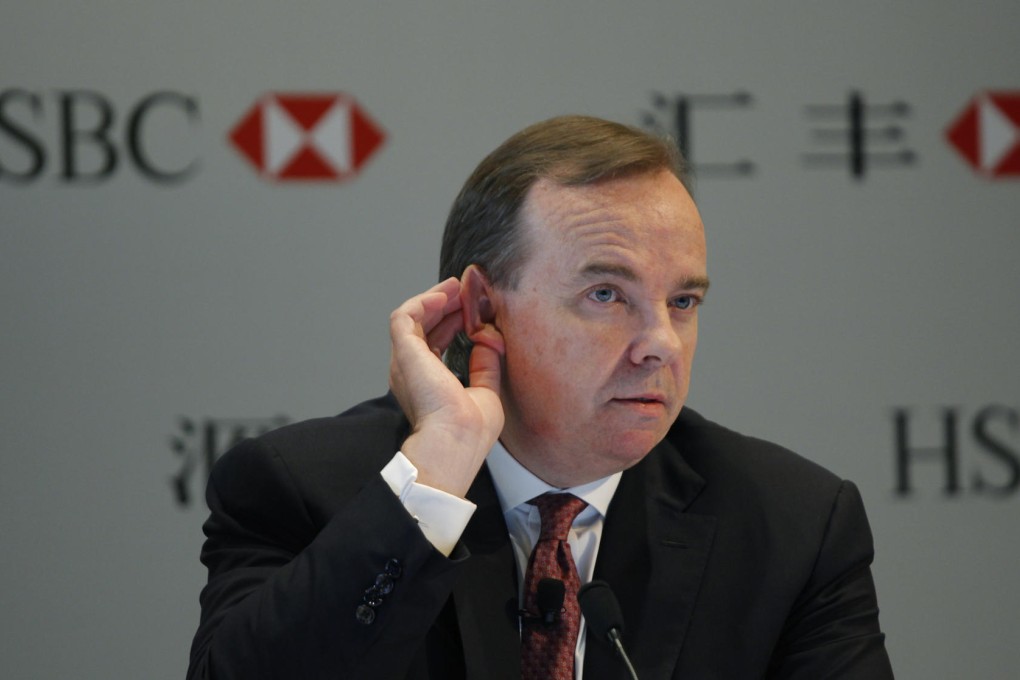Lai See | Why can't a woman be more like a man?
To the Women's Foundation annual gala dinner where we were assailed by the organisation's latest initiative to combat gender stereotyping in the media. The laughter from foundation chief Su-Mei Thomson's opening remarks had barely died down when the mood turned sombre.

To the Women's Foundation annual gala dinner where we were assailed by the organisation's latest initiative to combat gender stereotyping in the media. The laughter from foundation chief Su-Mei Thomson's opening remarks had barely died down when the mood turned sombre.
"Why in the 21st century do so many men continue to rape and harass women and abuse little girls and boys?" she asked. Part of the reason, she said, was the fault of the media. "Too many media sources are creating and exacerbating gender stereotypes with seeming no awareness of or sense of responsibility for the harm they are perpetrating," she said. So we write this with some trepidation less we, too, whether out of nonchalance or some hitherto unrealised prejudice, unwittingly employ gender stereotyping.
The mood was lifted by keynote speaker Stuart Gulliver, HSBC Group chief, whose speech on this rather delicate issue of women in the workplace was a rather good one. Indeed it was probably one of the most sensible we have encountered on what can be a somewhat emotive debate.
"Creating a society and a workplace where everyone can fulfil her - or his - potential is more than an 'a women's issue'", he said, adding that "opportunity based on merit was life-changing", and this made sense as a business case. To discriminate against women is to discriminate against talent, which he said was "unfair", "a poor business decision".
HSBC has a set a target for women's representation in senior management to reach 25 per cent by 2015. It's currently at 22 per cent. But, as he says, the issue is not just confined to women, it also applies to "ethnic backgrounds, religious belief, disability or sexual orientations".
He added: "It's not about being cuddly, it's about competitive advantage."
